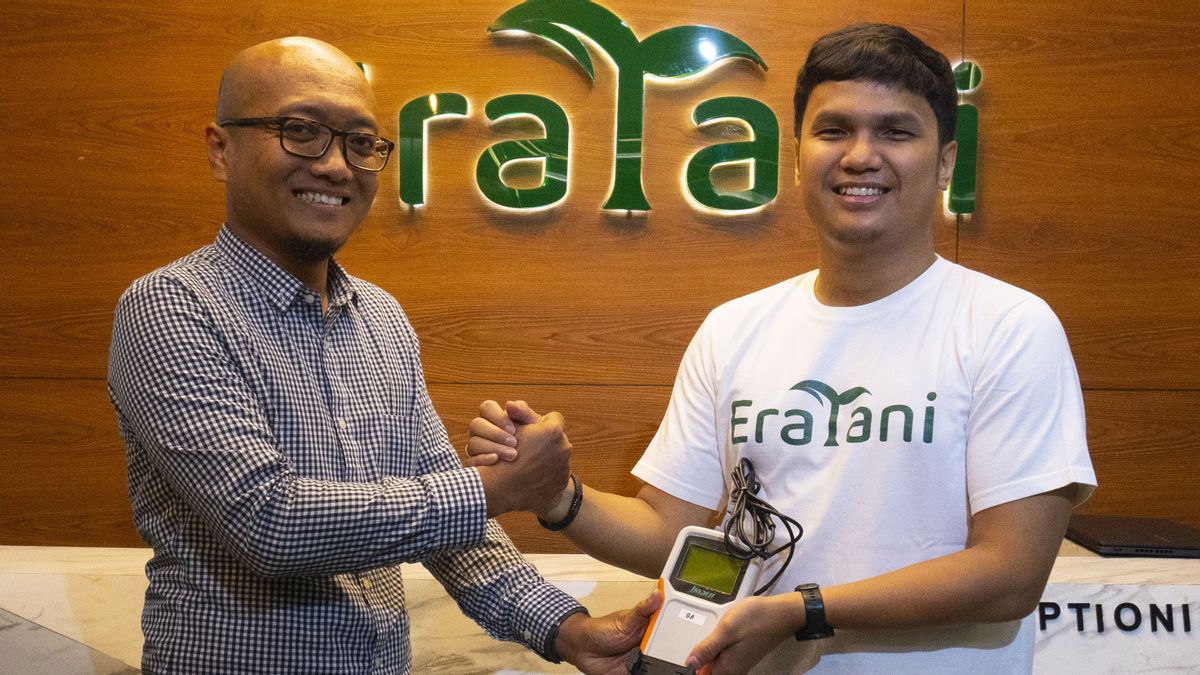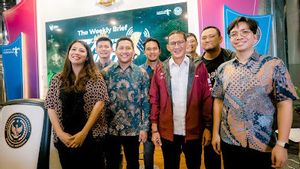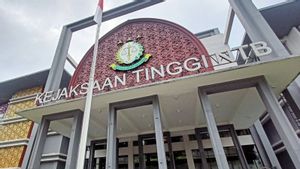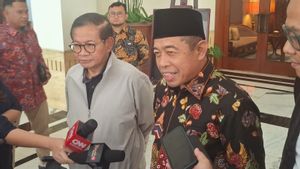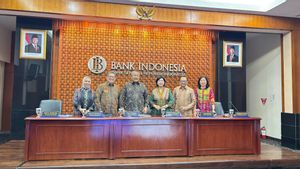JAKARTA - PT Eratani Teknologi Nusantara, an agritech company in Indonesia, announced its partnership with PT Bank Rakyat Indonesia, in realizing the procurement of the Internet of Things (IoT) in implementing agricultural operational solutions.
Based on data from the United States Department of Agriculture, Indonesia is ranked fourth in global rice consumption, with an average consumption of 35.367 million tons throughout the year.
However, until now, efforts to meet food needs still have to be optimized because they are faced with various challenges, including land conversion.
For this reason, Eratani will adopt a Smart Fertilizing Recommendation System, or a smart system for balanced fertilization, which can help Eratani Foster Farmers optimize the use of resources and increase crops.
Because according to him, IoT can be a solution to these challenges. Because, this portable technology device that is connected via the internet has the ability to detect various parameters quickly and actually.
IoT sensors in the agricultural sector have the alternative ability to monitor disease in plants, pest attacks, and soil fertility analysis.
"This partnership is in line with Eratani's mission to become the best partner for farmers by providing support in the entire agricultural process, from upstream to downstream, through the implementation of smart farming," said Eratani VP Operations, Adwin Pratama Anas in a statement on Wednesday, February 28.
Adwin hopes that this step can be a new breakthrough for farmers to find out the needs during the actual and targeted planting period.
SEE ALSO:
"We are enthusiastic about partnering with Eratani as an agritech company. Hopefully this collaboration can have a positive impact on Indonesian agriculture," said the Sub Branch Office of BRI Kementrans, Fauzan Rahman.
The Smart Fertilizing Recommendation System used by Eratani, is able to measure the content of soil nutrients such as nitrogen (N), phosphorus (P), potassium (K), and acidity (pH).
In addition, this tool can also be used to calculate fertilizer needs based on specific and actual soil conditions compared to laboratory testing.
The English, Chinese, Japanese, Arabic, and French versions are automatically generated by the AI. So there may still be inaccuracies in translating, please always see Indonesian as our main language. (system supported by DigitalSiber.id)
